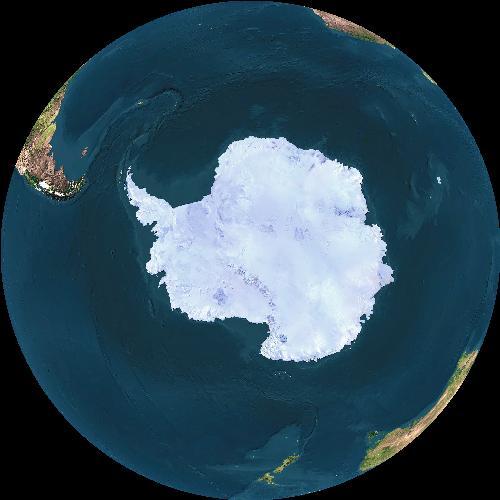8 miles off the coast of Britain lies the Principality of Sealand, the world’s smallest self-proclaimed state. While you won’t be able to find it on any map, Sealanders do have their own passports, currency, and even their own constitution. Despite not being officially recognized by any nation, Sealand has seen its fair share of coups, and even has a government in exile formed by Alexander Gottfried Achenbach, Sealand’s former prime minister.
If you’re thinking there’s no way this story can get even more absurd, then you’re in for a surprise!
While in exile, Achenbach formed a shell company that bore the name of the principality: Sealand Trade Development Authority Limited. The company was set up by Mossack Fonseca and appeared in the Panama Papers. They set up the company on orders from a man whose diplomatic passport, numbered C 000002, was issued by the Principality of Sealand, with “Principality of Sealand, West 4” as his address. While DNFBPs (designated non-financial businesses and professions) aren’t typically held to the same standards as traditional FIs (specifically CDD and record-keeping), it's surprising that this self-professed PEP escaped even the most basic form of due diligence, a Google search. Similar to banks, DNFBPs serve an important role as gatekeepers, yet, have only contributed 1.25% of all SARs/STRs submitted to the FCA.
Throughout the years, Sealand's passports have been found on Moroccan hashish traffickers, Russian arm dealers, and even on Gianni Versace’s murderer at the time of his arrest. The Principality has also transformed itself into the informational equivalent of a tax haven, and became home to a slew of companies that offered web hosting for gambling, pyramid schemes, subpoena-proof emails, and untraceable bank accounts.
The micronation serves as an important microcosm of the detrimental effects that could occur without adequate regulation and oversight. The British government has tried to reign in the rogue nation, but the courts subsequently ruled against it as it's located outside British territory and jurisdiction. Similar to offshore havens, Sealand’s status means that governments with the best equipped regulatory bodies often lack jurisdiction to take action. While internationally coordinated efforts like FATF are critical to halting the detrimental effects of such jurisdictions, it’s essential that every actor, from traditional banks to DNFBPs, continue to do their part as gatekeepers of the AML/CTF regime.

Russia’s invasion of Ukraine has abruptly transformed the world. In response, an increasing number of severe sanctions have been imposed against...

Mapping financial networks to the edge of the world.

This week, the world was rocked by revelations from the Pandora Papers, the largest leak of records from tax havens by the International Consortium...
